Ten years ago, the national discourse about video games was pretty negative. Every time something terrible happened, politicians were quick to point to video games as a key cause. Gaming was blamed for everything from school shootings to a decline in teen attention spans. Back then, few were pointing to the positives of our beloved pastime. Well, except RPGFan. We put together a feature titled RPGs as Therapy which explored all the ways video games can actually help us.
Then, a number of months ago we released a podcast on a similar topic, where five staff members chatted about how RPGs not only helped us personally, but helped others as well. So we decided it’s time to revisit that feature from ten years ago, but this time with some new voices and added perspectives, especially given the events of 2020.
Below, you’ll find entries that address how video games helped some staff members deal with topics including grief, depression, and identity. Although the issues may vary, there is one constant: video games have been a force for good in our lives, and have helped shape who we are today.
How have RPGs helped you? Let us know on Facebook, Twitter, Instagram, and Discord!
Intro by Zach Wilkerson
Disclaimer: This feature is not intended to be medical or psychiatric advice, but you may find it illuminating all the same.
Tales that Inspire
by Audra Bowling
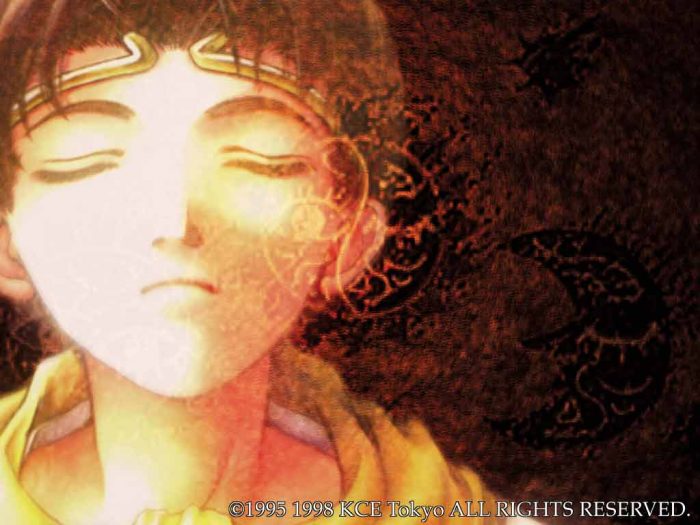
Back when I first started playing RPGs, I also struggled with mental health and general anxiety issues. In middle school, I was finally diagnosed with an extreme case of Obsessive Compulsive Disorder and, while going forward with a personalized treatment plan was extremely beneficial, the diagnosis itself was hard to come to terms with. In my younger self’s eyes, it was proof of being “broken” and “not normal.” I found solace in gaming, especially in immersing myself in the complex worlds and stories found within RPGs. By seeing characters overcoming the internal and external challenges they were faced with in their narratives, and with the gamer being an active part of achieving those goals, it helped me feel as though I could be strong in my own life. I took inspiration from Cloud’s struggles in Final Fantasy VII. I found the strength needed to go on and just live my life the best I could thanks to the trials and tribulations of Suikoden II‘s Riou, Jowy, and Nanami. I was moved by Vivi’s words and insight in Final Fantasy IX and by Ramza in Final Fantasy Tactics striving to do what was right. Not only did RPGs serve as a wonderful temporary reprieve from my real life stresses, they served as a form of inspiration too. Truth be told, they continue to do so for me to this very day.
Courage is the Magic
by Alana Hagues
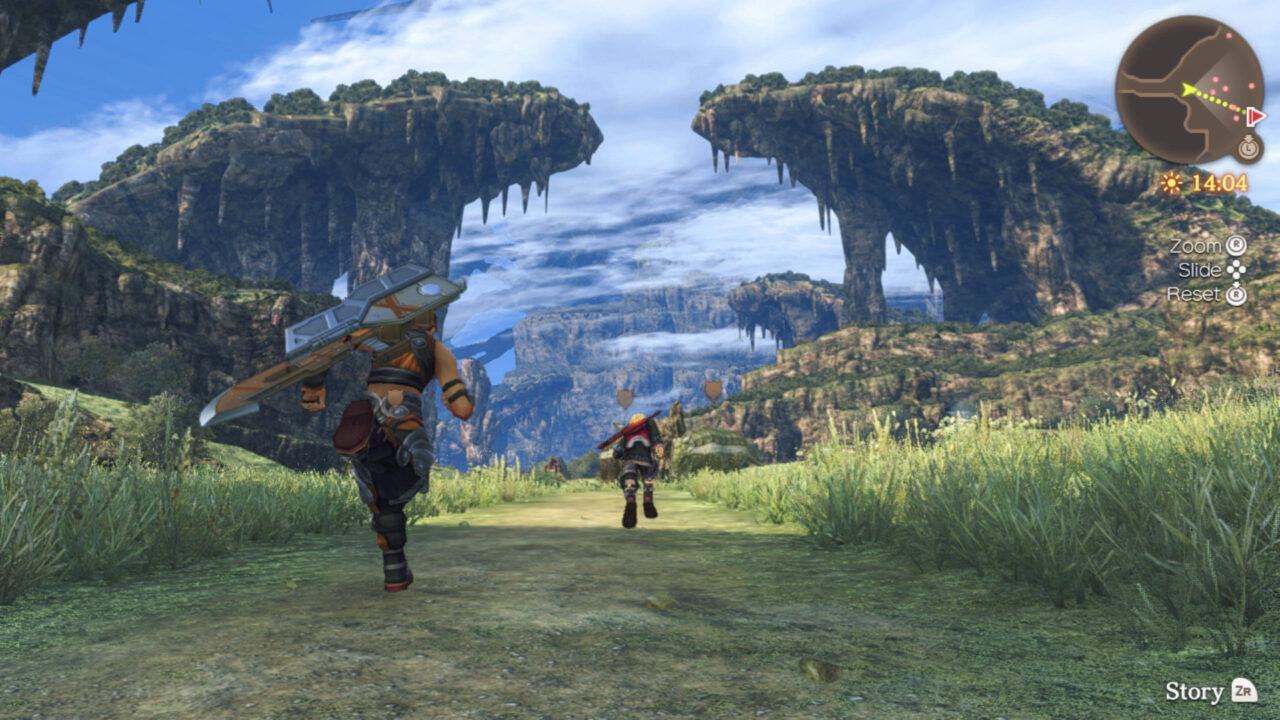
“You are your own worst critic” is a phrase that’s thrown around a lot, but what if you were so critical of yourself, so hateful of what you do sometimes, that it causes you anxiety? That it eats away at you and makes you wish you hadn’t woken up today? For as long as I can remember, I’ve been like this. Sometimes I can get so inside my head that all the negative feelings about myself, and all the bad things anyone has ever said about me all claw their way out and suffocate me, causing me to feel anything from a little bit anxious to bursting into tears and having a panic attack. What if I’m not good enough? What if I’ve messed up? Looking back, I spent the most amount of time with video games, especially RPGs, when I was struggling with my confidence and imposter syndrome, because these games made me feel like I could achieve anything, and that I deserved to achieve anything.
Skies of Arcadia let me make in-game discoveries that no one else had found before. Anything from an old pirate’s tombstone to a travelling sky train, I did all of this, before any other sky pirate. Even as a kid, I doubted my own achievements and was scared how others would perceive my work, and would stress out when I couldn’t meet my own standards. In Arcadia, I could exceed my standards, and prove to myself I was worth it. “You did this, Alana. You and Vyse discovered the Balloon Flowers. No one else.” As I got older, Xenoblade Chronicles‘ world helped me in a similar manner. I wasn’t this 18-year-old who didn’t feel like she deserved to be at university, or who didn’t think they’d ever get anything published: I was an 18-year-old exploring fantastical worlds, solving people’s problems, and discovering new things. But this game also asked me to test the waters and push myself. There were bigger, scarier monsters roaming out in the wild that I could try and take on… or I’d take risks by jumping off of huge mountains to avoid enemies and find hidden treasures. It gave me the confidence to believe in my judgement, and by proxy, myself.
It’s this mentality that I try to take away from playing video games and apply to my personal life. Not to doubt myself, and to take time out if you’re feeling low or struggling. Playing an RPG to find new discoveries and take huge risks helps me look back at my real-life anxieties, and my self-confidence, and reassure me that I deserve to do what I do, to be where I am. I am good enough.
Distress Tolerance
by Patrick Gann
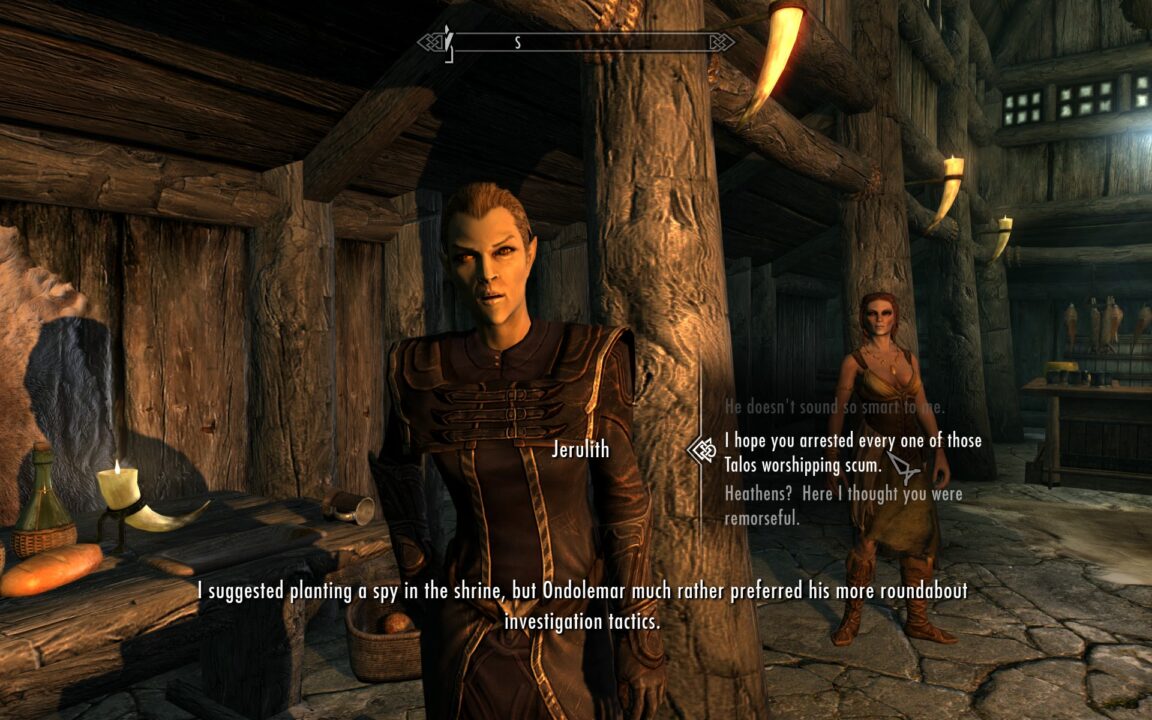
After a long journey battling depression and a significant mood disorder, I found a great framework for managing my chronic mental health in the form of dialectical behavior therapy (DBT). One of the four pillars of DBT is distress tolerance – that is, learning how to survive the stresses and crises of life without making them worse. One effective tool in distress tolerance is distraction.
Typically when people speak about using entertainment as distraction, there is a negative connotation implied. A second implication, even worse, is that such an activity can only be valuable as a distraction. Of course, video games are more than mere distraction; furthermore, distractions can actually be very healthy in small doses.
There are plenty of things that can go wrong with RPGs and one’s mental health. The greatest danger is probably excessive gaming. As a licensed therapist today, I see this with many adolescents I work with, and I can identify it as a problem I struggled with for many years. At the same time, video games are nearly ideal for our minds when we need a distraction from something painful or challenging — so long as we return to confront those painful and challenging realities after we’ve had time to settle, rather than make poor or impulsive choices that further worsen our problems.
As a kind of meta-bonus, RPGs typically have characters included that struggle with impulse control and would benefit from distress tolerance themselves. They serve as an example of what not to do and how not to be. Sometimes these characters are villains, comic relief, or flawed protagonists. Sometimes you can act out impulsive decisions for yourself, such as in Western RPGs that are heavy on dialogue branches (think Elder Scrolls, Mass Effect, etc). Having a safe space to consider the consequences for our actions might be the best distraction of all.
Dealing with Trauma
by Nilson Carroll
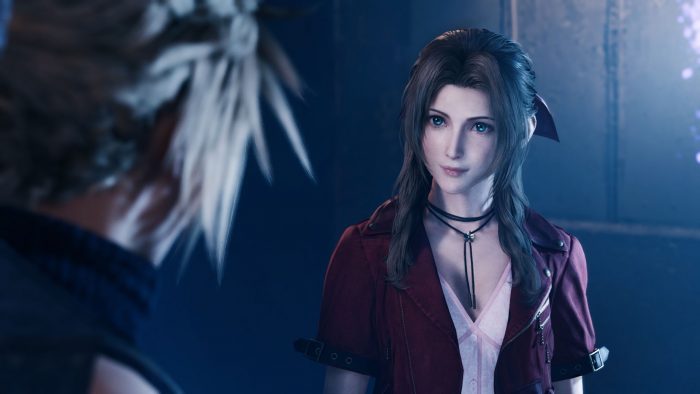
About a year ago, my life changed forever in a significant and debilitating way. My hobbies and studies lost much of their ability to distract, empower, and intrigue me, including my deep love for RPGs. I played through most of Dragon Quest XI inside this fog, and despite DQ being perhaps my favorite series, I felt distant from the game, as if it had never truly entered my heart.
Fast-forward to March 2020, when the world changed in many ways, large and small. One of those small changes was the April release of Final Fantasy VII Remake, a game I had been cautiously optimistic about for years. During the months leading up to its release, though, I had almost all but forgotten about it. Final Fantasy VII is special to me; I’ve had a mystical, decades-long relationship with the game and its wild, important spirit (in this way, it reminds me most of Twin Peaks). I pre-ordered the remake a week before it came out, just as the world felt like it was caving in. An uncomfortable combination of despair, isolation, and fear of the unknown reignited my feelings of trauma and grief that had recently been kept at bay.
Final Fantasy VII Remake is a dream, a reminder of what the original was always about that builds upon and contemporizes it. At times, it’s a vivid nightmare, challenging players to face extreme trauma as their surroundings literally crumble. Players face death, acts of terrorism, and mass destruction that feels so real here. My eyes tear up just thinking about the game’s series of climaxes. Still, and this is what Final Fantasy is about, our friends face trauma, and eventually, overcome it as best they can. Seeing the familiar cast look and sound so real seals the deal on their human emotions, including their fears. Playing through the game reminds me of trauma, but also that traumatic experience is not the end. Love, connection, and belief are the ways JRPG characters overcome grief. It’s important to see this, and to recognize the real-life parallels. Playing Final Fantasy VII Remake is a healing experience, a reliving of a very old daydream. It’s helped me a lot.
Battling the Blues
by Stephanie Sybydlo
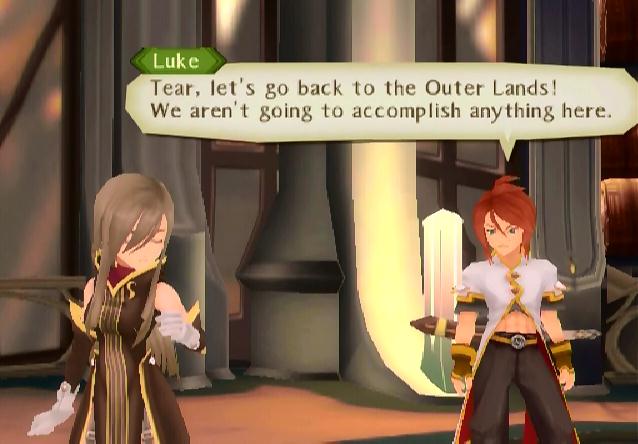
I consider myself fortunate to have had a relatively quiet life; that is, few occasions have totally changed my life for the worse. This is not to say I’m immune to the blues or just feeling down with how much life can dish out throughout the years or even on top of a situation when you’re hurting about something else. And while I can’t say there was a single game that “totally changed my life,” what I’ve always loved about games is that, over the years, they were simply there.
I remember when I was a kid, I had trouble making new friends after we moved to a new city. At that time, the crazy cast of Final Fantasy VI were fantastic company to come home to. They were characters whose struggles sometimes emulated my own in the sense of how hard it can be to fit in and try to find your place in the world; or on the other hand, characters whose problems were bigger than mine (and although they were fictional, I liked thinking that if game characters can save the world, then I sure as heck could get to know people at school!). I loved exploring the beautiful worlds of Breath of Fire, as they inspired me to keep creating and drawing through a rather bad stint of depression; likewise, during my first breakup, the deep story of Tales of the Abyss was a fine distraction from my heartache. Although times were not especially dramatic (on the contrary), I loved having my Nintendo 3DS nearby after long days and late nights of reading and waitressing during my university years (all seven of them!).
Not every part of my life has seen me engaged with people; in fact, I feel not enough people are prepared to deal with the quiet or even lonelier moments in life (I think the 2020 pandemic has been a great test of this for many people). But there has always been something incredibly reassuring about knowing that characters and worlds in games are there to tell beautiful and fantastic stories when parts of my life may be less than ideal. And even if they aren’t a magic cure for the blues (few things are), they always help pass the time and give me something wonderful to engage with — and sometimes I think a good fix to life’s woes is a well-earned break.
A Pause, a Breath…
by Pete Leavitt
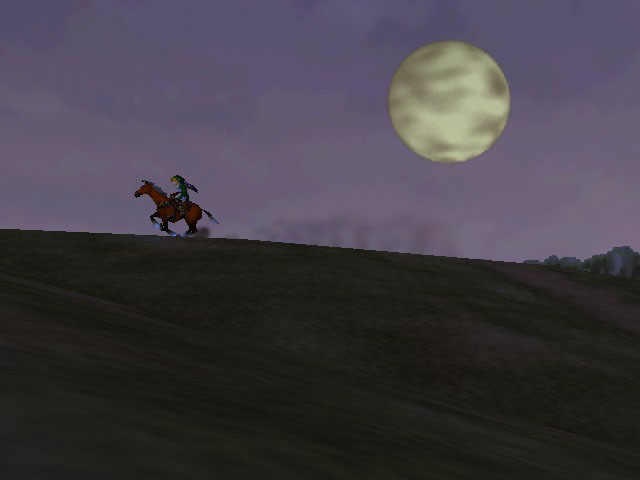
I am immensely privileged. I find myself in voluntary isolation with my spouse and three small children, a potentially taxing scenario, yet we’re doing well. We’re getting along, which was not necessarily a given, and we’re managing to avoid boredom and maintain stimulation with the kids’ activities. I have so much to be grateful for, as so many are suffering during these trying times.
That said, things are a little out of control around here. Stress levels are somewhat cranked up, occasionally they peak, and patience is taxed to the breaking point. These are moments that require attention. In other words, we as parents can’t just disengage and go take care of ourselves; we have to parent. Honestly, as amazing and rewarding as parenting is, sometimes it sucks.
Some of the greatest sources of solace for me are those few times I can sit down with a game. My tastes vary, but strange though it may seem, I take great comfort in the open landscapes of certain games. It can be the familiarity of favorite environs like Ocarina of Time‘s Hyrule Field, or the mysterious regions of games I’m just getting into, like the Bionis’ unpredictably rugged regions in Xenoblade Chronicles.
In moments of stress, late at night after the kids are in bed, the blue sky, green grass, and sunny open areas are a profound respite. Even indoors, as I sit down probably for the first time all day, they inspire an upward gaze, a deep breath, and a refreshed attitude, ensuring that I’ll rest well that night and bring my best self to the following morning.
Forging a New Identity
by Nathan Lee
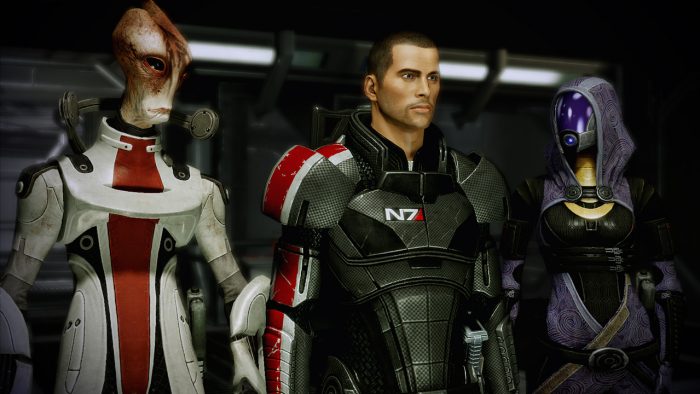
In high school, I tried to do what most kids that age try to do: fit in. I knew I loved video games, but even back in 2007, they hadn’t quite reached the mainstream level yet. So to fit in with the limited video game crowd at my high school, I always tried to dive into what was popular. I played the popular shooters at the time like Call of Duty and Halo, and my lunchtime conversations revolved around things like my awesome 2.0 K/D (kill/death) ratio or the sick 360 no-scope I made the other night. But I knew one other truth about myself. I still loved the “kiddy” Nintendo games, and my love for Pokémon in particular wasn’t something I could just make disappear.
I eventually settled with a core of friends I made in high school who, like me, had other video games they loved besides just the popular shooters. I had conversations about The Legend of Zelda: Twilight Princess with one friend, and another introduced me to Fire Emblem Sacred Stones on an emulator. One friend chatted excitedly about the next upcoming Kingdom Hearts game, and most of the group expressed their disappointment with Final Fantasy XIII.
It’s thanks to my high school friends that I felt like I could break away from my attempts to be part of the crowd and instead embrace what I loved. In 2011 and 2012, I decided to experiment with other genres in the gaming world to find out which one I enjoyed the most. I think you might be able to guess which genre I ended up deciding was my favourite.
Dealing With Grief
by Tyler Trosper
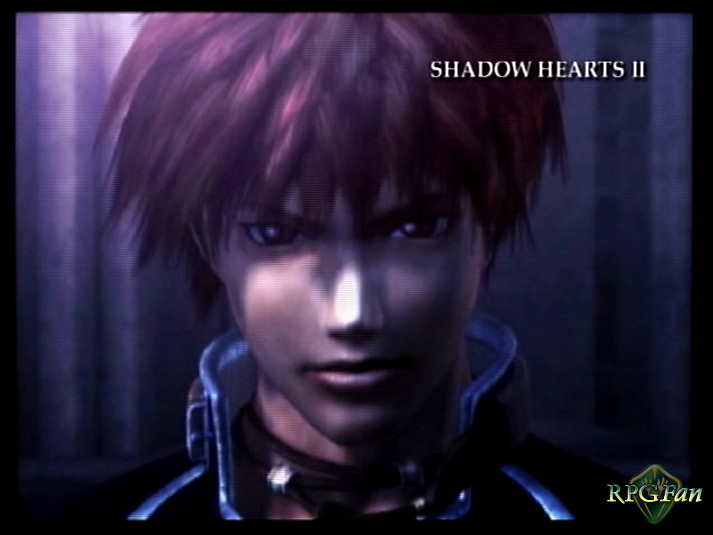
Editor’s Note: This entry contains spoilers for both Shadow Hearts and Shadow Hearts: Covenant
I’ve always had difficulty expressing my emotions. My family never really encouraged nor discouraged my siblings and I to talk about our feelings. There are times when I feel like I should cry given a certain situation, but my eyes stay dry. Is there something wrong with me? Am I not human?
When I think about grief, I think about Yuri from the Shadow Hearts series. The first game in the series features two different endings: one where Yuri’s love interest, Alice, lives and one where she dies. The sequel takes an interesting approach and makes the death ending canon. Throughout the entirety of Shadow Hearts II, Yuri barely brings up Alice, but the fact that he still lives with her uncle six months after her death shows he is still racked with grief. During a heart-wrenching scene later in the game, Yuri finally lets out his emotions. The tough, wise-cracking protagonist finally lets his guard down.
A few years ago, one of my cousins died. It was a bit sudden. When I was informed about his death, I merely replied with, “Oh.” I felt terrible about my initial reaction. As the days passed and so did his funeral, I couldn’t shake the feeling that I was a terrible person.
However, just like Yuri, my emotions came out in a sudden downpour while I was at work one day. Though I was alone when it happened, I felt so much better after letting the tears flow. I think of Yuri when I think of that moment because we all have different ways of grieving. Sometimes it just takes a while for the gravity of the situation to hit. And sometimes it’s difficult for me to let those emotions out.
Let’s Pause for a Moment…
by Hilary Andreff
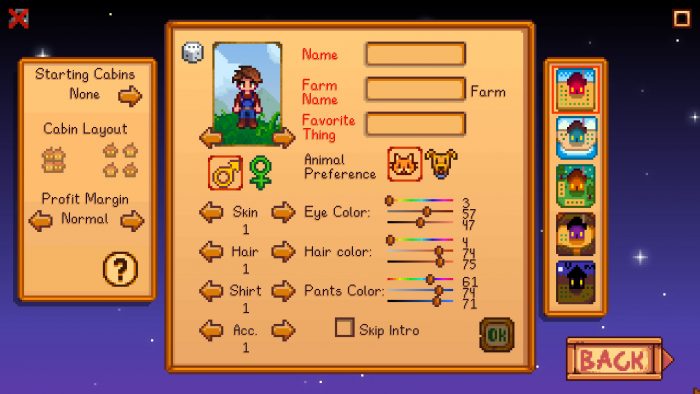
RPGs have been with me for the vast majority of my life, and I’ve spent a lot of time trying to pick apart how exactly they’ve helped me along. My recent educational experience in occupational therapy has given me a frame of reference to see some of the ways gaming can work to the player’s real-life benefit. I think gaming can be an extremely powerful tool for mindfulness, or more simply, orienting us to and keeping us in the present moment, and I wanted to share a few exercises I came up with that have literally helped me use games as a tool. Try these out, and you might even find some other areas of your life where you can apply them! I hope they’re helpful.
Tool #1) Autopilot check
Before picking up the controller/keyboard, consider the following:
- Am I picking up the game out of habit?
- How much time have I spent gaming recently?
- Why do I want to game right now?
- What do I want to accomplish in the game?
This will help your gaming become a conscious choice, more engaging, and a good use of time. Also take time to note any cumulative positive or negative effects your gaming has had recently.
Tool #2) Soundscape
Next time you start a game, keep careful track of the music. When does it change? How are you reacting to it? Also note in-game and other sounds. Are you making noises? What does your controller/keyboard sound like as you play? How are the character voices? You can even take this exercise a step further once you’ve practiced and either think of some real-life situations where the music would fit, or turn the game music off and try experiencing the game with some other music in the background. How does it change things?
Tool #3) Background
Be the annoying person in the game that just explores. Look at all those tutorials. Go through every menu. Change some settings. Notice what is going on in the background of the game as you play, as well. Click on everything. Use strange button combinations (especially if you are playing a genre game like an RPG that rewards that sort of thing). Who knows what you’ll find?



